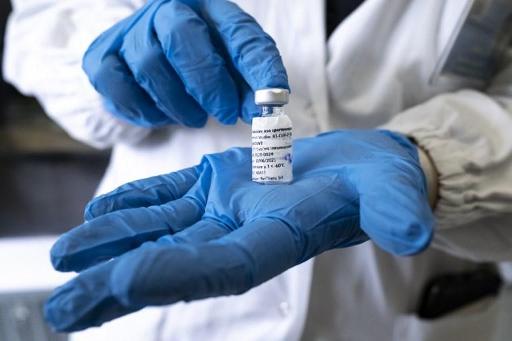On Monday, the World Health Organisation's emergency committee on Covid-19 said it was not in favour of a mandatory vaccine passport for international travellers, even though the practice seems to be appealing.
The seventh meeting of the WHO's emergency committee on Covid-19 was held on 15 April, but its conclusions were not published until Monday.
In a statement, the experts recommend "not requiring proof of vaccination as a condition of entry" for international travellers "given the limited (though growing) evidence on the performance of vaccines in reducing transmission and given the continuing inequity in global vaccine distribution."
"States Parties are strongly encouraged to acknowledge the potential for requirements of proof of vaccination to deepen inequities and promote differential freedom of movement," they wrote.
Related News
- Travelling with 'Covid passport' possible from end of June, says Reynders
- Travel remains 'strongly discouraged' once Belgium's ban expires
- How travel will work after Belgium lifts its non-essential travel ban
The call comes as many countries are considering the introduction of a health passport for travel, but also for other activities, including sports, although the idea is attracting strong criticism and concerns about possible discrimination and data privacy.
The EU has already presented its proposal for the "Digital Green Certificate," and China has launched its version, while several airlines are also working on it.
In early April, the United States stated that it would not impose a health passport, but also stressed that the private sector was free to move towards this idea.
At their meeting, the experts of the WHO emergency committee addressed other issues, and in particular asked the WHO to "accelerate the evaluation of candidate vaccines against Covid-19".
The WHO has so far only licensed the Pfizer-BioNTech vaccine, the AstraZeneca-Oxford vaccine manufactured in India and South Korea, and the Johnson & Johnson vaccine.
The pandemic has now resulted in more than three million deaths worldwide, and its origin remains unknown, although transmission of the virus to humans via an animal infected by a bat is the assumed hypothesis of international experts commissioned by the WHO.
The WHO emergency committee is also calling on the organisation to rapidly pursue research into the origin of the virus, and is asking that the regulation of markets selling animals be strengthened.
They also call for the sale and import of wild animals that pose a high risk of transmitting new pathogens to humans to be discouraged.
The Brussels Times

